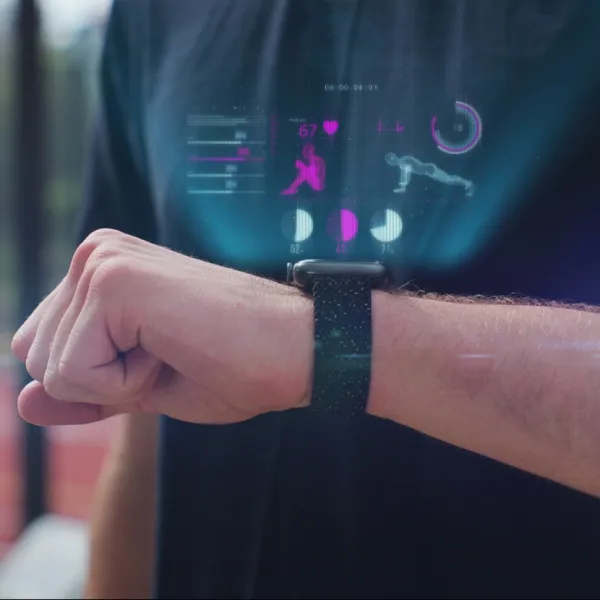Healthcare Startup Fabric Acquires Walmart's Telehealth Biz Amidst Clinic Closures

MeMD, which offers virtual care services to a substantial customer base of 30,000 employers and five million employees, was previously acquired by Walmart in 2021.
Amidst Walmart's decision to shut down its primary care clinics, healthcare technology startup Fabric has acquired the retail giant's telehealth business MeMD.
MeMD, which offers virtual care services to a substantial customer base of 30,000 employers and five million employees, was previously acquired by Walmart in 2021.
Fabric, known for its telemedicine platform catering to health systems, employers, and payers, aims to expand its footprint in the virtual care sector through this acquisition.
Highlighting the significance of integrating MeMD's capabilities into Fabric's existing portfolio, Aniq Rahman, founder and CEO of Fabric, said, "The combination of our teams, technology, and clinicians strategically positions Fabric to expand across payers, employers, and provider organizations quickly."
The acquisition includes MeMD's robust provider network and adds virtual behavioral health services to Fabric's offerings.
"We're bringing Fabric's technology platform to 30,000 employers and 5 million members on the MeMD customer base. This significantly broadens our total addressable market," Rahman noted.
Growth Trajectory
Fabric's growth trajectory has been bolstered by recent acquisitions, including Zipnosis and Gyant, to enhance their asynchronous virtual care capabilities and expand their "digital front door" for patients.
Walmart's decision to divest MeMD aligns with broader shifts in the telehealth landscape as major players such as Walmart and Optum exit the market amidst profitability challenges and changing reimbursement dynamics.
"The virtual care market is evolving, and Fabric is well-positioned to leverage our technology to enhance patient engagement and operational efficiency across healthcare settings," Rahman commented.
Fabric, backed by recent funding rounds and reporting triple-digit annual sales growth, continues to focus on integrating advanced technologies into healthcare workflows.
The company aims to streamline patient care through AI-powered clinical intelligence and automation, facilitating seamless transitions between virtual and in-person visits.
Moving forward, Fabric plans to remain agile in its approach to digital health mergers and acquisitions, focusing on strategic integration of technologies to meet evolving healthcare demands.
"We want to create a world-class patient experience that allows for seamless access to care across different channels. Our goal is to support healthcare providers, employers, and payers in delivering efficient and effective healthcare services," stated Fabric CEO Rahman.
Stay tuned for more such updates on Digital Health News





























